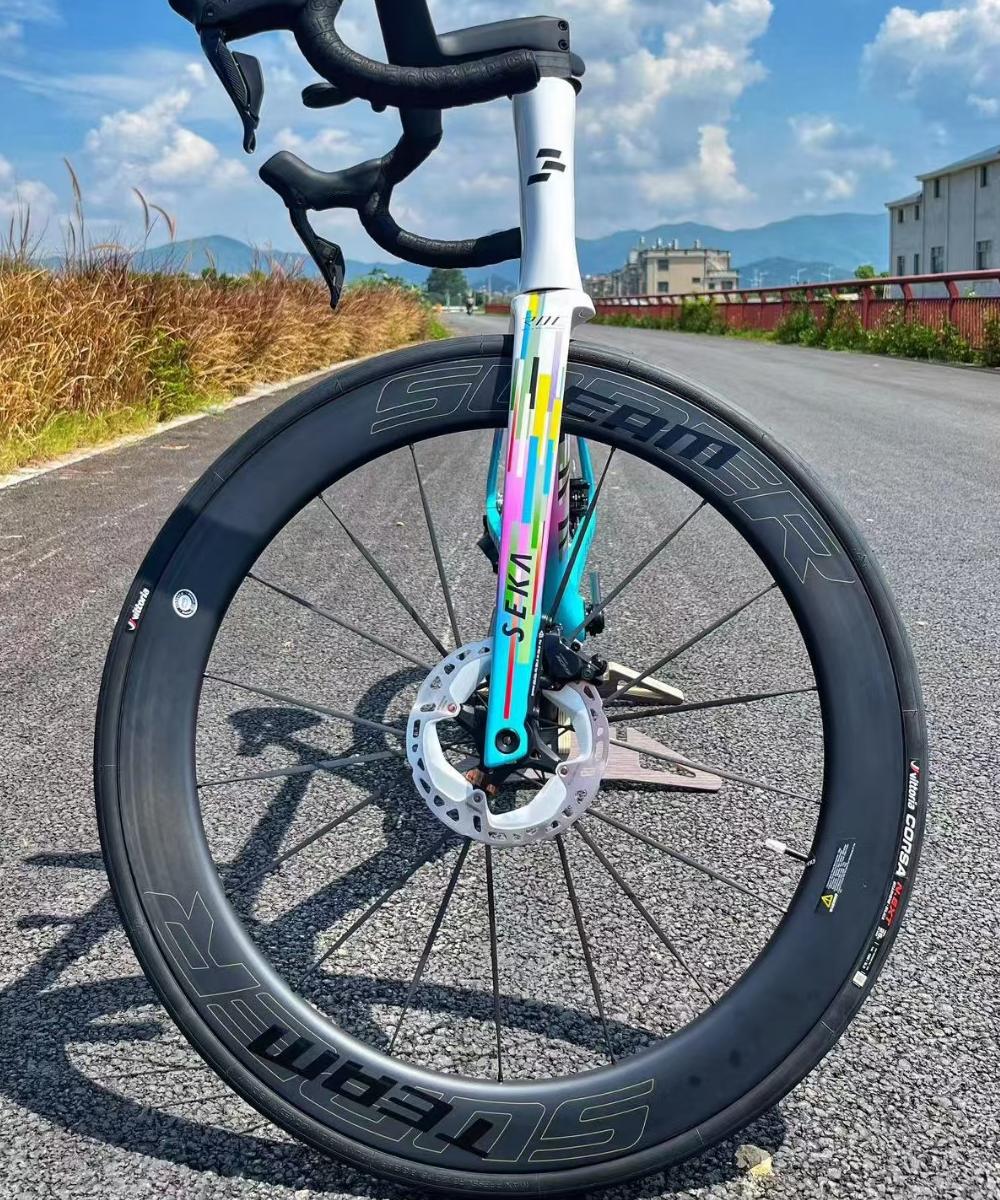Is It Worth Upgrading to Carbon Wheels? Ride Feel Differences Explained
When cyclists consider major equipment upgrades, carbon wheels often top the list. Known for their lightweight construction and aerodynamic advantages, carbon fiber wheelsets have become increasingly accessible. But are they really worth the investment? Let’s explore what makes carbon wheels different—and whether the ride feel truly justifies the upgrade.
1. Weight Reduction and Climbing Efficiency
One of the most noticeable benefits of carbon wheels is reduced rotational weight. Compared to most aluminum wheelsets, carbon wheels are lighter, especially at the rims. This makes climbing feel more efficient and responsive. On steep gradients, shaving off even a few hundred grams can translate to less fatigue and quicker ascents.
2. Aerodynamic Gains on the Flats
Deeper-section carbon wheels are designed with aerodynamics in mind. At speeds above 30km/h (around 18mph), the improved airflow around the wheel can result in measurable savings in energy and increased speed. This is particularly valuable for time trialists, triathletes, or road racers who ride on open, flat roads.
3. Stiffness and Power Transfer
Carbon rims generally offer greater lateral stiffness than their alloy counterparts. This means less energy is lost through flex when sprinting or cornering. The result is a more immediate and connected ride, especially under hard efforts. However, some riders may find overly stiff wheels uncomfortable on rough surfaces.
4. Ride Comfort and Compliance
Here’s where perception varies. Some carbon wheelsets are engineered to absorb road buzz better than aluminum wheels, making them feel smoother over long distances. However, this varies by design, depth, and spoke tension. Not all carbon wheels are more comfortable—some prioritize stiffness and speed over compliance.
5. Braking Performance (Rim Brake vs Disc)
For rim brake bikes, braking performance is one area where carbon wheels once had drawbacks, especially in wet conditions. Newer braking surfaces and pad technologies have improved this, but disc brake carbon wheels offer consistent and powerful stopping in all conditions, largely resolving this concern.
6. Cost vs. Value
Carbon wheels can cost anywhere from a few hundred to several thousand dollars. While performance gains are real, they may not justify the cost for every rider. For racers or performance-oriented cyclists, the advantages are significant. For casual riders, a good-quality alloy wheelset might still be the most sensible choice.
Conclusion: Is the Upgrade Worth It?
If you're looking for speed, weight savings, and a more responsive ride, carbon wheels offer clear advantages. However, the best wheelset is the one that fits your riding style, terrain, and budget. Try testing a pair if possible before making the leap—you may find that the performance boost is exactly what you were looking for.




